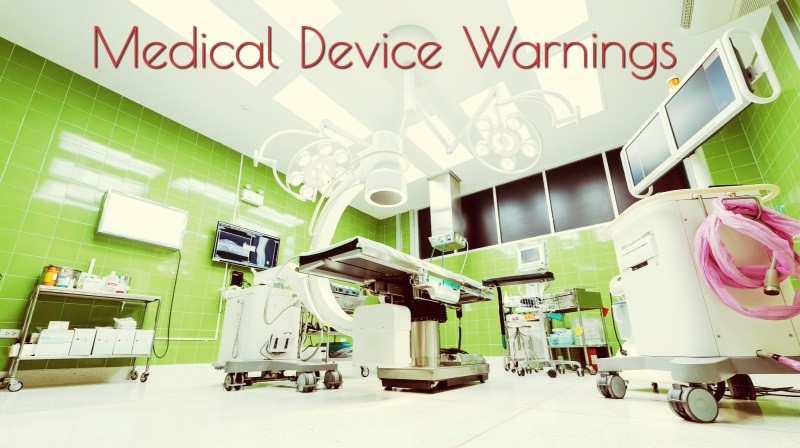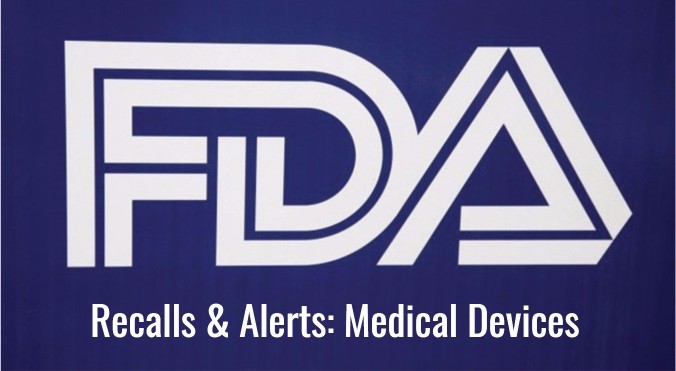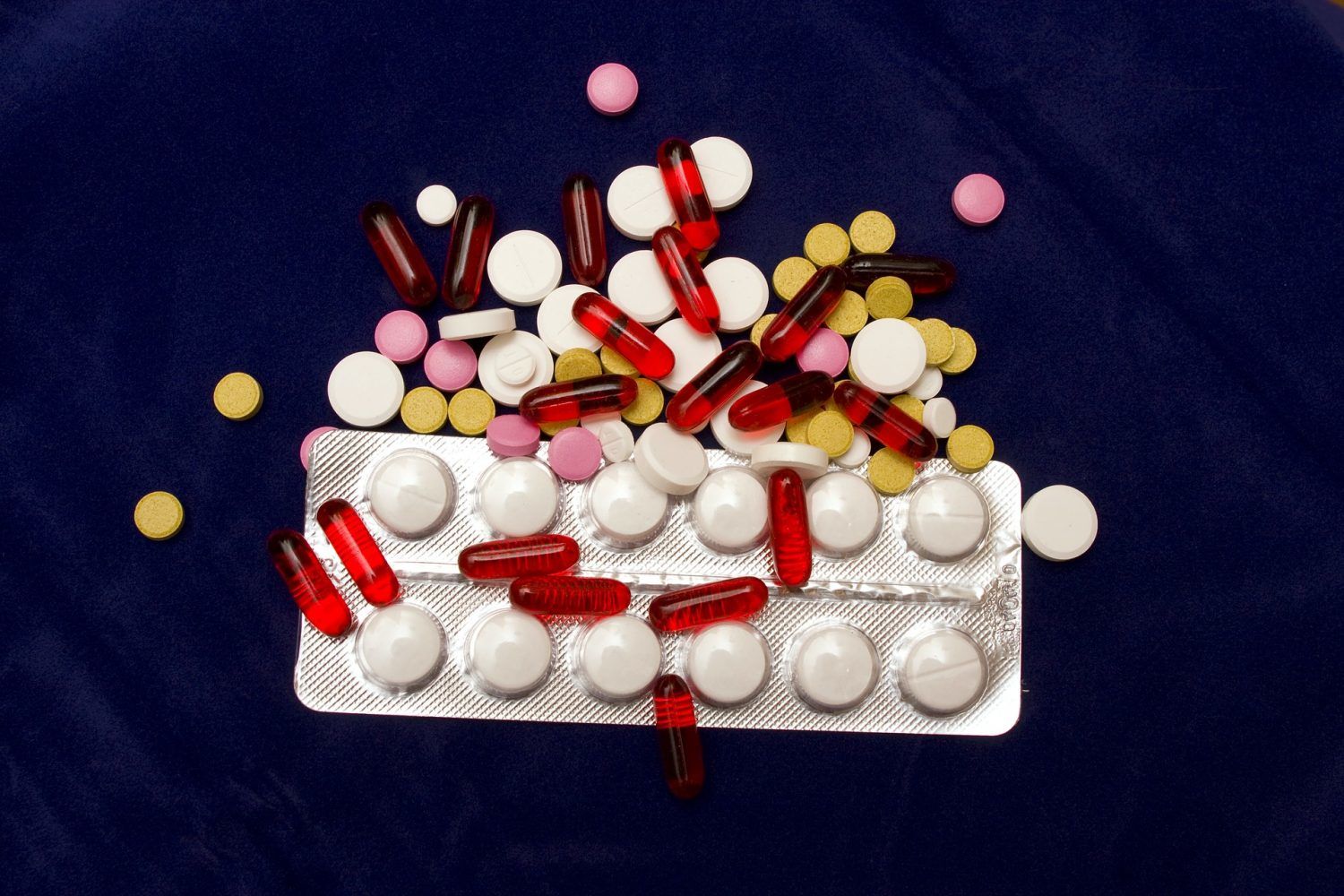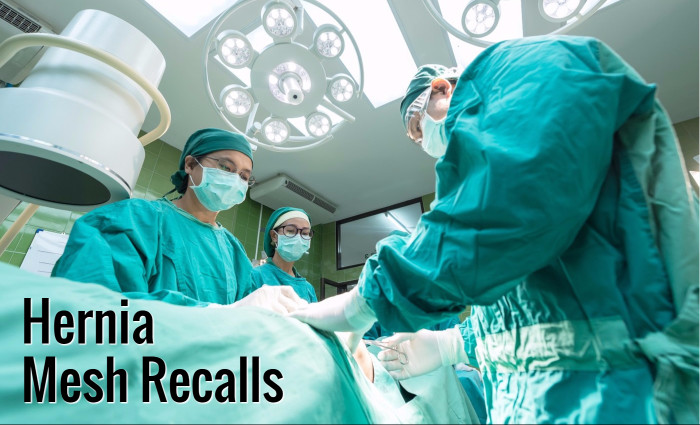
A Wake Up Call on Medical Device Warnings
Device manufacturer Intuitive Surgical is the focus of the healthcare industry in Washington this month, after a ruling in the state’s highest court brought renewed attention to medical device warnings.
The decision means that manufacturers are required to warn anyone who purchases their products – patients, professionals, or medical facilities – about related risks. The important element there is the number of potential stakeholders the company has to forewarn, as prevailing wisdom suggested they focus solely on the medical intermediary purchasing the device.
Having bounced between a trials court, appeals court, and finally the Washington Supreme Court, the case clearly tested the letter of the law.
The final verdict determines that the state’s Product Liability Act (WPLA) has sufficient breadth to require that manufacturers must inform all potential buyers of the risks associated with their product.
The case was brought by Josette Taylor, a widow whose husband who had surgery for prostate cancer back in 2008. Complications occurred with that procedure that experts confirmed had contributed to Mr. Taylor’s death four years later. The procedure was assisted by a da Vinci robotic surgical device manufactured by Intuitive Surgical, which is based in California.
Having settled with the various medical practitioners and care location before trial, Intuitive remained the sole defendant. Charges included negligence, breach of contract, and contravention of various state regulations, including the Consumer Protection Act and the aforementioned WPLA. The manufacturer actually succeeded in its defense of most of those allegations throughout the trial, but the Washington Supreme Court ruling highlighted a gap in the medical device warning protocol.
The manufacturer actually succeeded in its defense of most of those allegations throughout the trial, but the Washington Supreme Court ruling highlighted a gap in the medical device warning protocol. Although Intuitive Surgical had provided the necessary warning to one party, it failed to give adequate warning to the hospital that actually purchased the da Vinci device.
As a result, device manufacturers who serve the US healthcare sector will be taking a careful look at the markets they operate in and their individual warning requirements. If the potential for trouble exists in other states, expect to see a broader effort to review the way warnings are handled.
In medical device warnings, we find an area of oversight that deviates from the regulation of dangerous drugs.
With prescription drugs, the side effects are listed extensively. As we know from the painstakingly crafted commercials, the most severe risks must still be announced to the viewing public on the manufacturer’s dime. A patient asks about them, the doctor shares the known risks; in theory, both parties should have the information they need to make a balanced decision.
Medical devices are different.
Despite being directly administered by a health care professional, there are numerous ways that a device can negatively impact patient’s health. Manufacturers have multiple stakeholders to consider and not all of them are guaranteed to be notified about the associated risks involved.
Medical device warnings could be set to expand their audience as a result of this ruling, which can only be a benefit to the patients who rely on them in what will often be a life or death situation.



